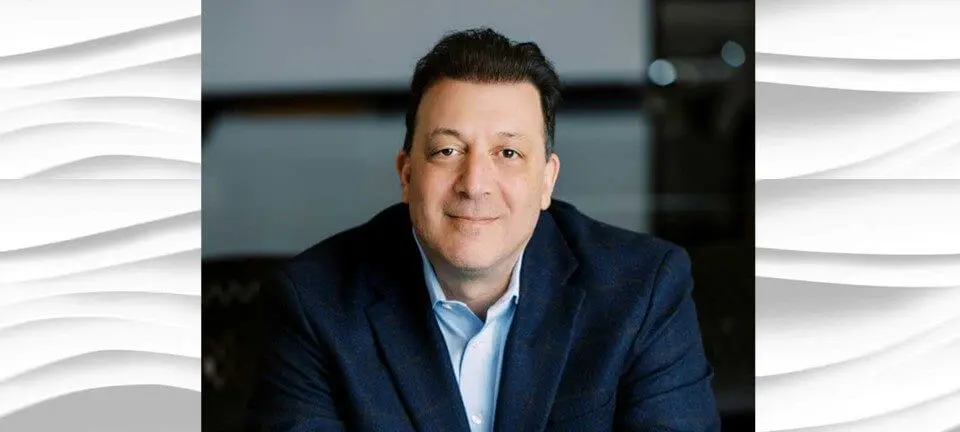Episode 123 – How a Pioneer from the SaaS Era is Jumping on the AI Wave to Re-invent his Firm – Member Case by Jeff Pedowitz
Jeff Pedowitz, CEO of The Pedowitz Group, was one of the pioneers of the SaaS era by driving adoption of marketing automation technology from Eloqua, Marketo and others. This allowed his firm, The Pedowitz Group, to dominate his niche for almost two decades. Now, Jeff sees the next big wave, AI, and he shares with Collective 54 how to ride it all the way to the bank.


